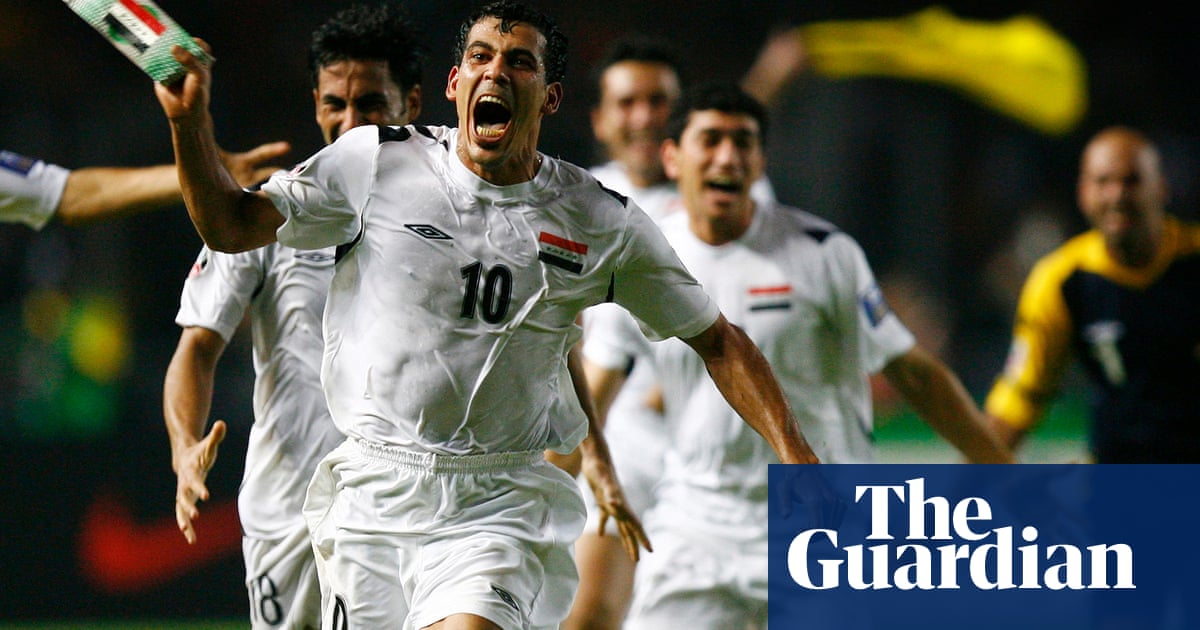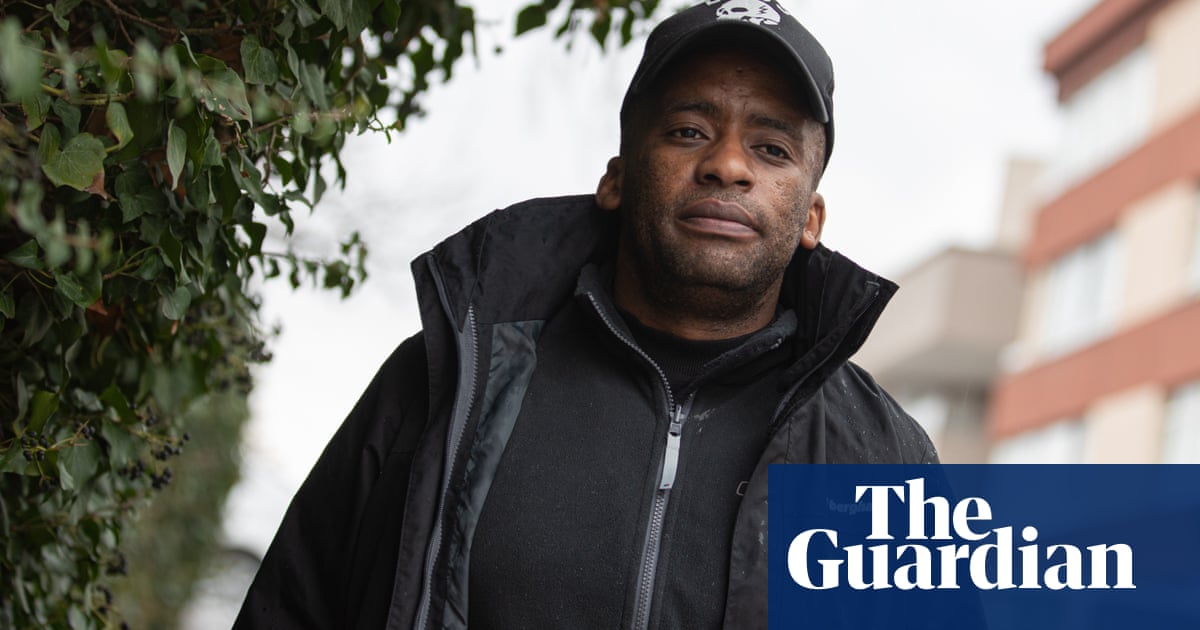
In 2007, four years after the US-led invasion of Iraq, the Lions of Mesopotamia, in what has been considered one of sport’s greatest underdog stories, lifted Iraq’s first Asian Cup.
On the eve of the 2007 final, their head coach, Jorvan Vieira, made his players sit on the pitch at the Gelora Bung Karno Stadium in Jakarta. “Look around,” he told them. “Here, tomorrow, is our match. I don’t think we’ll get to this point again.” The message was clear – the players had to take their chance. They, in turn, were united in agreement.
Some 22 days earlier, before Iraq’s opening game, against Thailand in Bangkok, things were very different. The mood in the camp was at an all-time low, mainly due to problems between the coach and the senior players. It mirrored the situation back home – there was civil war.
Vieira’s first interaction with the Iraqi Football Association’s vice-president, Najeh Humoud, was to hand him a list of players he wanted returned to the country. Many of them, meanwhile, had told the Brazilian’s assistant, Rahim Hameed, after an ill-tempered 2-0 defeat by Uzbekistan in a pre-tournament friendly, that they were willing to pay the remainder of Vieira’s contract so he could leave.
The lack of respect and trust that existed between Vieira and the players was so bad, that the FA had thought about replacing the whole squad for the Asian Cup with the country’s under-23 Olympic side, but the Asian Football Confederation’s deadline for doing such a thing had passed. The FA also wanted to replace Vieira, but with no time to bring in a suitable replacement, he remained in charge for the tournament.
Against Thailand, Iraq had a calamitous start to their campaign, conceding a penalty after six minutes. Iraq recovered and equalised through a Younis Mahmoud header.
Mahmoud later talked about how he noticed fellow Iraqis, regardless of religious sect or political affiliations, celebrating the team’s victories by carrying Iraqi flags, proving to him that his compatriots wanted to emphasise unity and challenge the sectarianism that was dividing the country at the time.
The game against Thailand ended 1-1. Iraq’s next opponents were Australia, a side that contained the likes of Harry Kewell, Mark Viduka and Tim Cahill and who were making their debut at the Asian Cup after becoming a member of the AFC two years earlier.
If Iraq had lost, Vieira would almost certainly have been sacked. However, against all odds, they shocked a disjointed Socceroos’ side by winning 3-1.
A 0-0 draw with Oman in Iraq’s final Group A game meant they topped the standings, which allowed them to remain in Bangkok for a quarter-final against Vietnam. Iraq won 2-0 thanks to two goals from Mahmoud, the first coming after only 79 seconds and proving to be the fastest goal at the tournament.
In the semi-finals, they faced South Korea. Just 26 days earlier, they had met at the 2002 World Cup stadium on Jeju Island. In the summer rain Iraq had lost 3-0, comprehensively beaten in so many ways.
That loss led to emergency meetings and in one the midfielder Nashat Akram gave his teammates an ultimatum: either stand up and be counted or go home. Facing Korea for a second time, Iraq had something to play for: a place in the final.
The semi-final ended goalless after 120 minutes and so a penalty shootout would determine who went through. Iraq won 4-3 thanks to the heroics of the goalkeeper Noor Sabri, whose brother-in-law had been murdered on the streets of Baghdad only weeks earlier. And the celebrations quickly turned to sorrow when news emerged that two suicide bombings had killed about 50 people in the Iraqi capital.
The players were devastated. Then a woman appeared on Iraqi state TV; the mother of a 12-year-old boy, Haidar, who had been killed in the attack. She vowed not to hold a wake for her son until the team returned with the Asian Cup. Hearing her cries, the players pledged to win it for Haidar, and all Iraqi people.
In the final in Jakarta, Iraq played the three-time winners and favourites Saudi Arabia. They had last met at the 18th Gulf Cup six months earlier, where Iraq had lost 1-0 and been knocked out of the competition.
In the pre-match team talk, Iraq’s then head coach, Akram Salman, had given his players the impression that the two sides had agreed for the game to end in a draw, a result that would see both progress to the semi-finals. Three players were subsequently banned for two years for accusing the Iraqi FA president, Hussein Saeed, of match-fixing while Salman was sacked by the FA for what it described as a “miscommunication” between him and the squad.
In Salman’s place came Vieira. His last role before taking the Iraq job had been at the Saudi club Al-Tai. Despite a good start the team slid down the table and, after a torrid five months littered with clashes with several players, Vieira was sacked. As such, a meeting with Saudi Arabia was personal for him.
The 2007 Asian Cup final took place on 29 July, with more than 60,000 spectators in attendance. Iraq were the better team, so much so that it felt inevitable they would score. Chants of “Iraq, Iraq, Iraq” reverberated around the ground, while the Al-Iraqiya Sports commentator Raad Nahi could be heard on TV pleading, “Oh God, bring joy to my heart and my people” as Hawar Mulla Mohammed prepared to take a corner on 72 minutes.
He crossed and there was Mahmoud rising to head the ball past the despairing Saudi keeper for what proved to be the winner. When asked about the goal, Mahmoud replied: “All the Iraqi people scored, not just me”.
And so it was that on the day Iraq won the Asian Cup for the first time, Iraqis were as one. Eleven footballers had done what the Iraqi parliament could not – unite a nation and bring smiles to people’s faces instead of tears and suffering.












